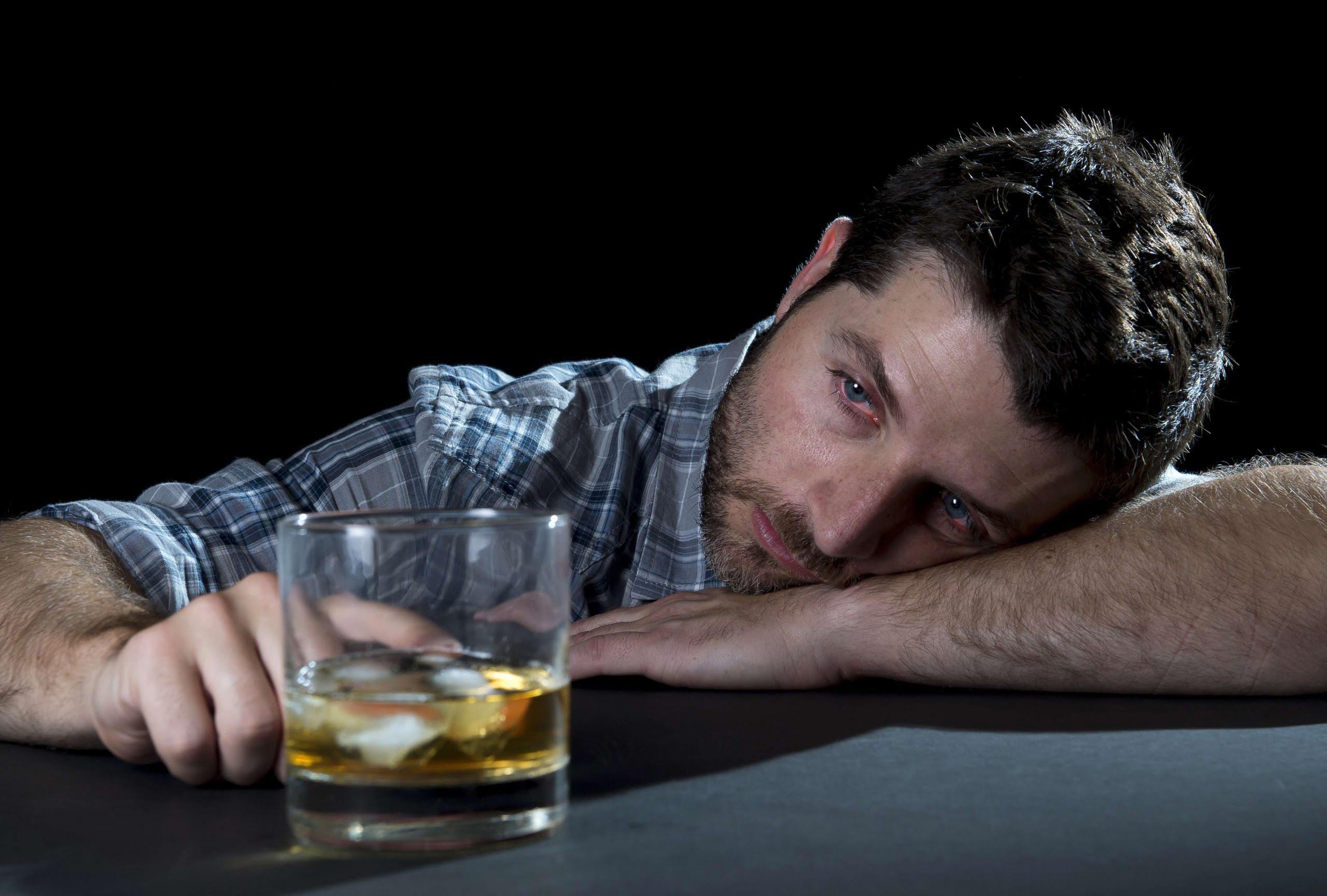Content
They’re very similar in that most people who use never need to see somebody like me. But the difference is that we all recognize the dangers of alcohol. If you go into a room of 200 high school kids, they know it’s dangerous and binge drinking among high schoolers is way down. But if you ask that same group about cannabis, you’re going to get all different answers. Data that suggests that although cannabis use among young people is flat — that’s another misrepresentation, that it’s going up — the perception of risk among those young people is going down.
Demand for treatment for cannabis use disorder increased internationally between 1995 and 2002. In the United States, the average adult who seeks treatment has consumed cannabis marijuana addiction for over 10 years almost daily and has attempted to quit six or more times. Addiction is a chronic illness that will require hypervigilance to sustain your recovery.
How Marijuana Use Affects the Brain and Body
Edible marijuana can take longer for the effects to set in, but the effects may last up to four hours. Smoking marijuana delivers far more THC into the bloodstream than other forms of marijuana abuse. However, other consequences might be different given the cultural and social differences between countries.

I think the greatest example is when you talk about the addictive nature of cannabis. You can become addicted to cannabis, though most people don’t. Yet invariably, when people hear about what I do, they say, “Oh, you’re an addiction psychiatrist? Well, cannabis is not physically addictive; it’s psychological.” So there are fallacies about cannabis. And they continue because people are invested in trying to get people to vote one way or another on issues like medical cannabis or legalization of recreational cannabis. Treatment options for cannabis dependence are far fewer than for opiate or alcohol dependence.
Marijuana
Content is reviewed before publication and upon substantial updates. Find treatment facilities and programs in the United States or U.S. Harnessing science, love and the wisdom of lived experience, we are a force of healing and hope for individuals, families and communities affected by substance use and mental health conditions. It is not yet known whether marijuana smoking contributes to the risk for lung cancer. For young people aged 13-25, Yes We Can Youth Clinics offers 10 weeks intensive residential treatment.

Leave a Reply